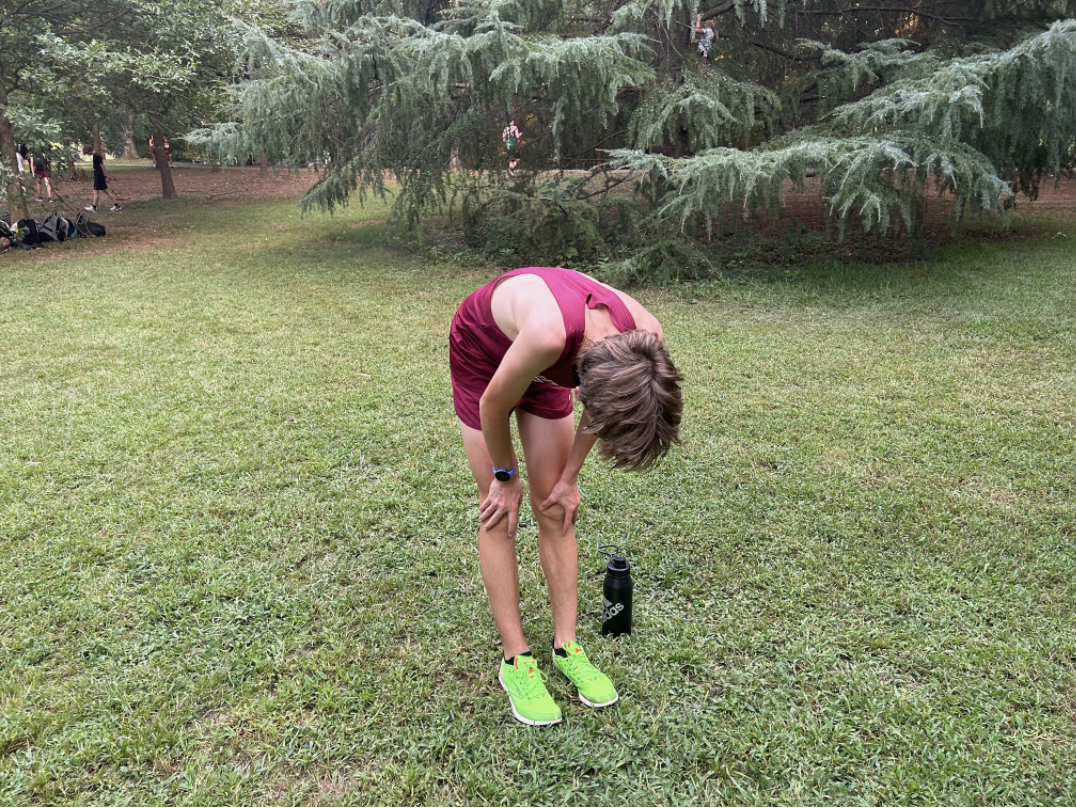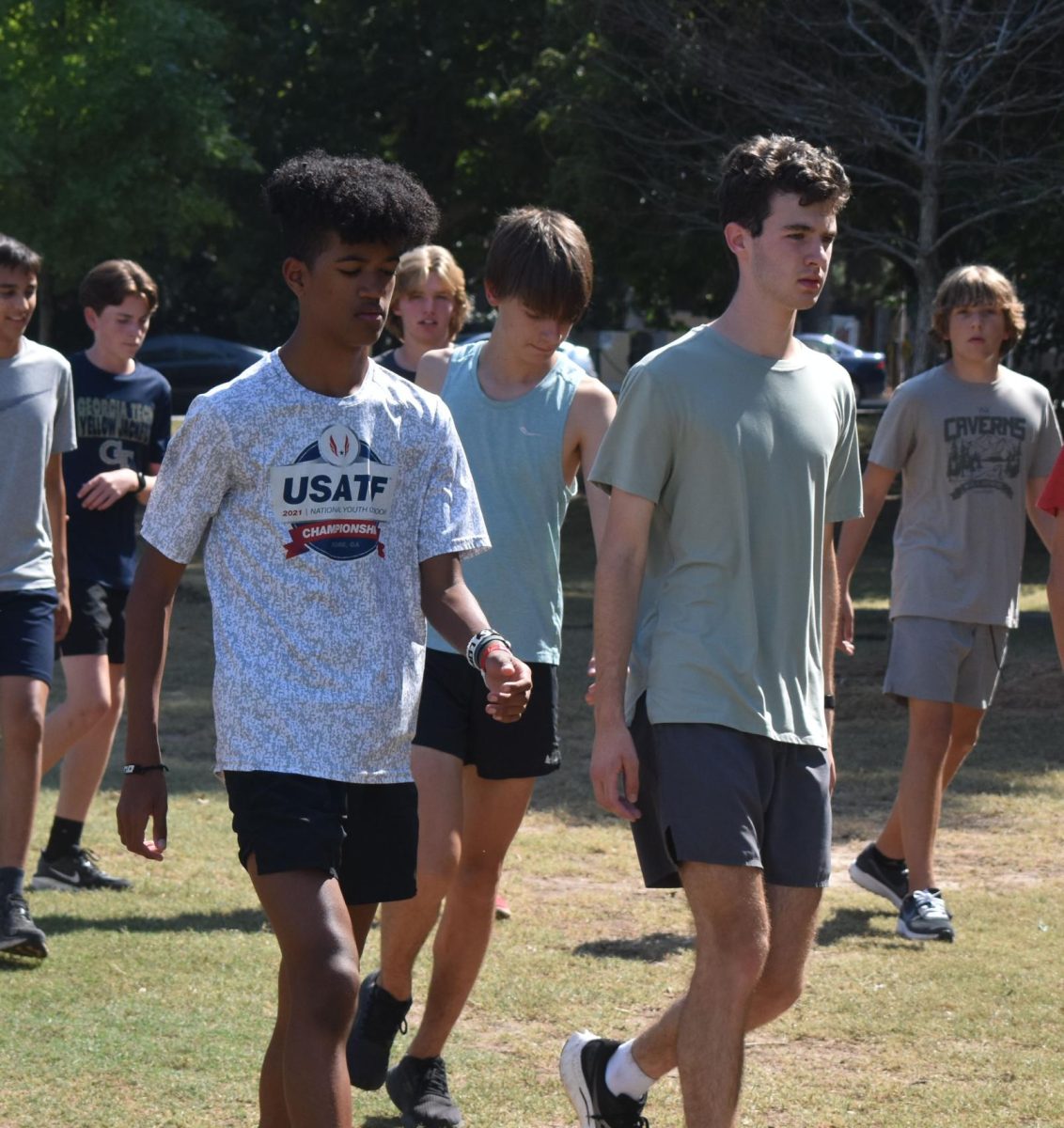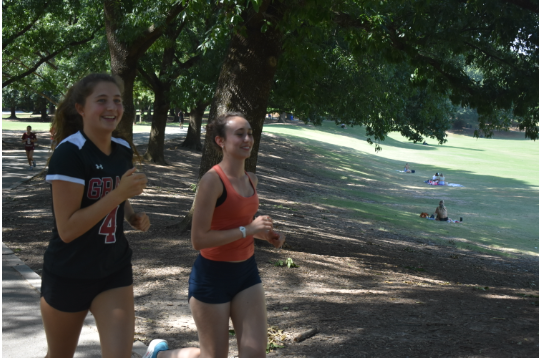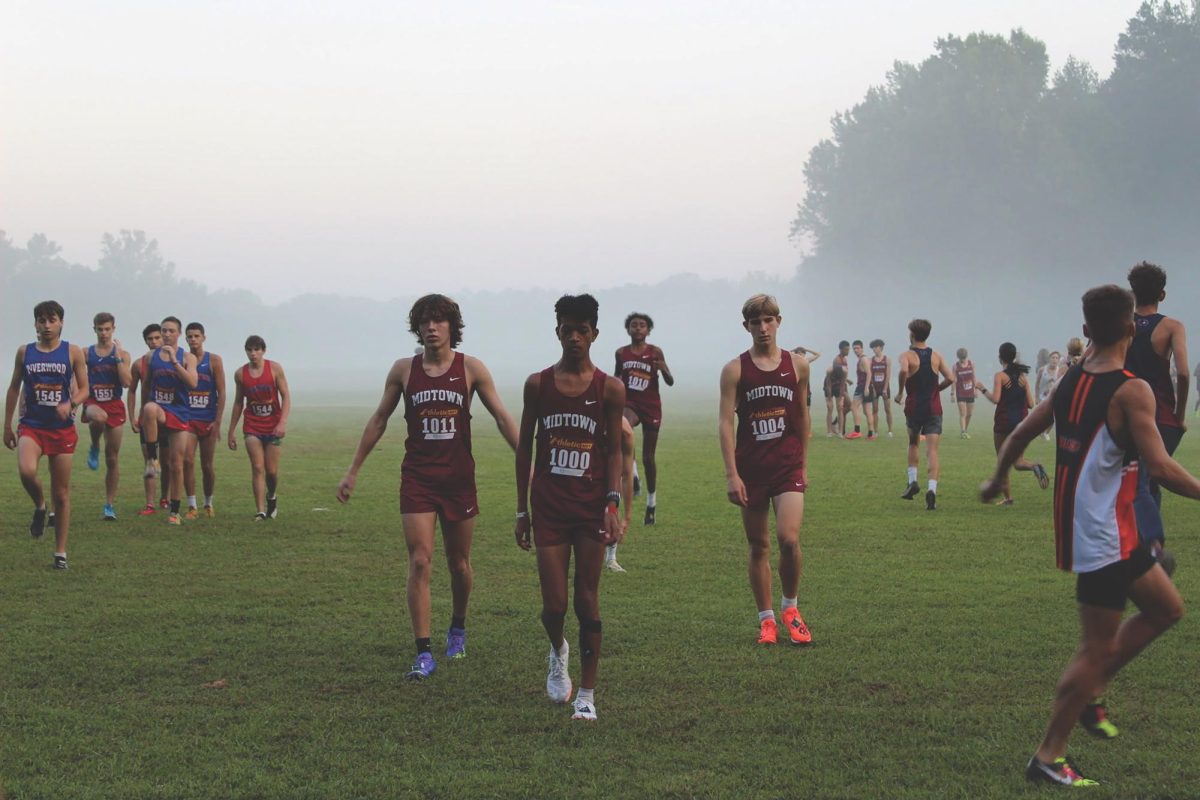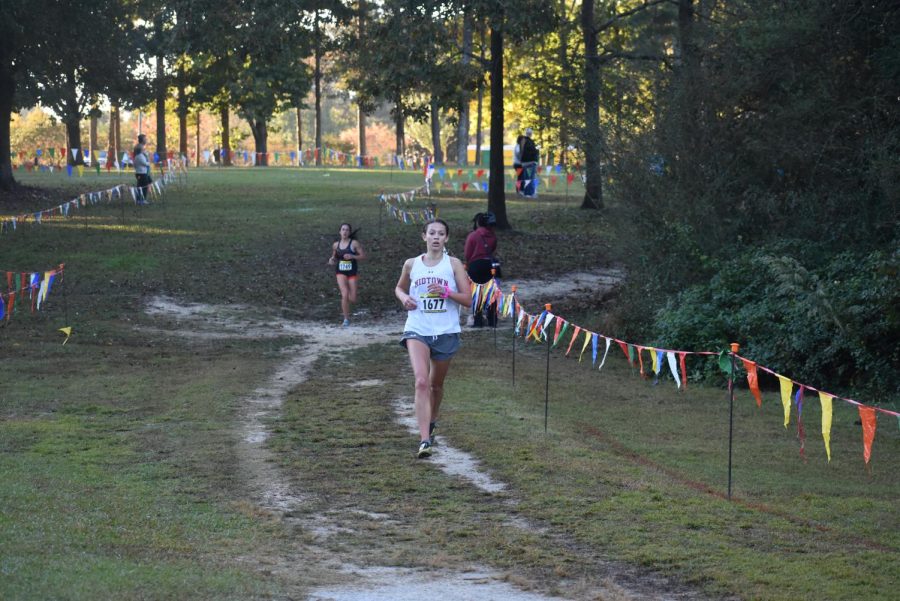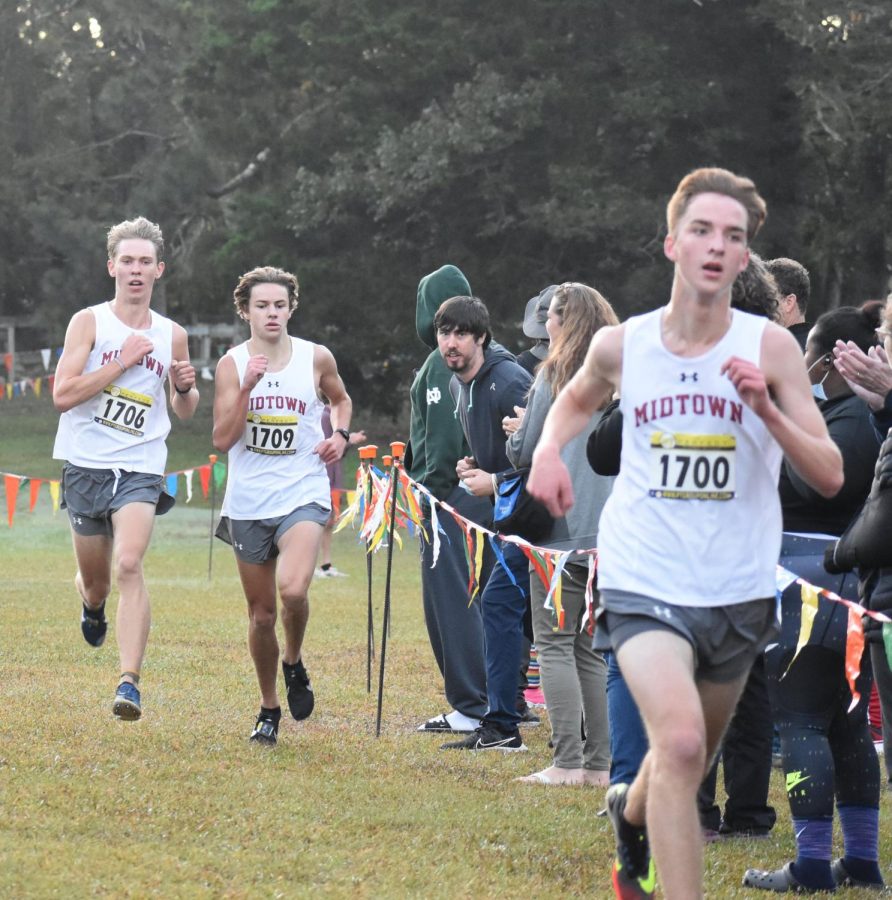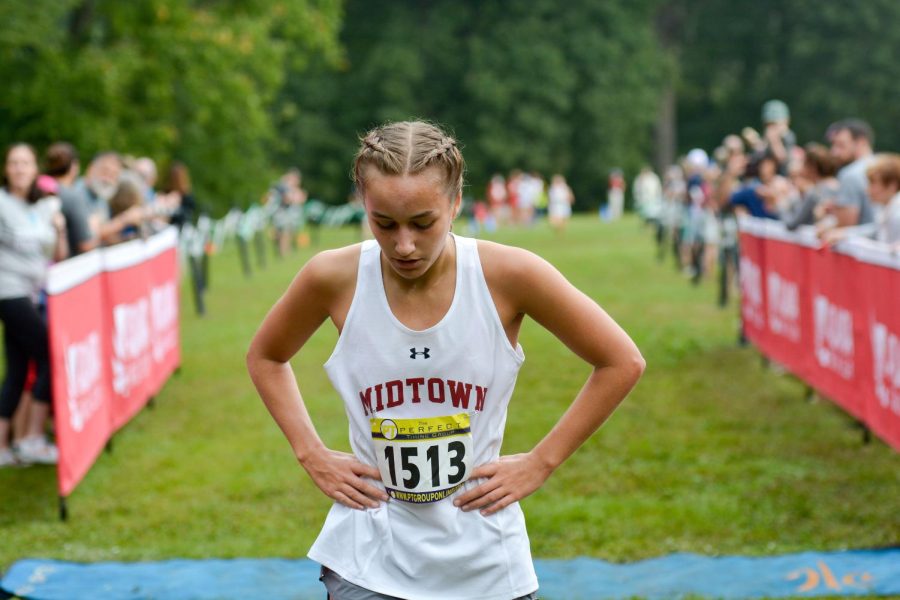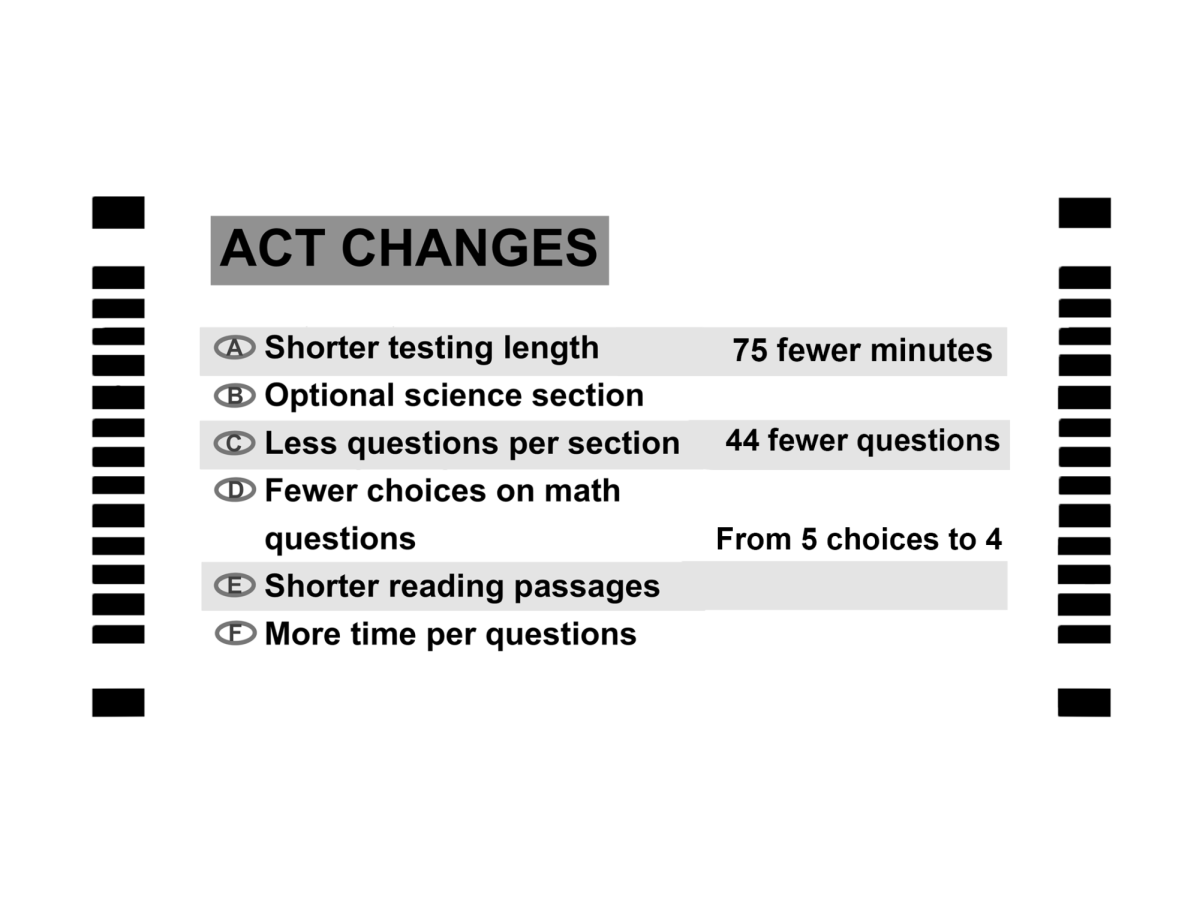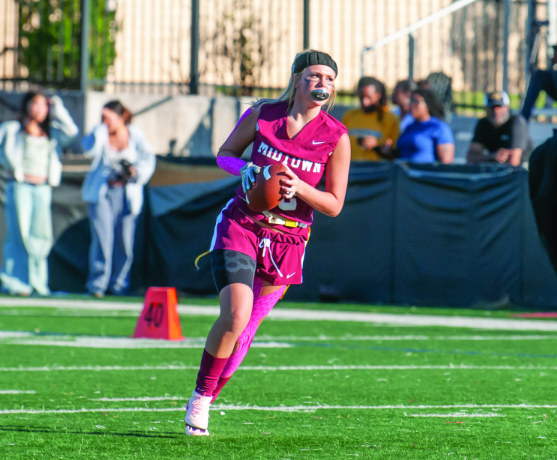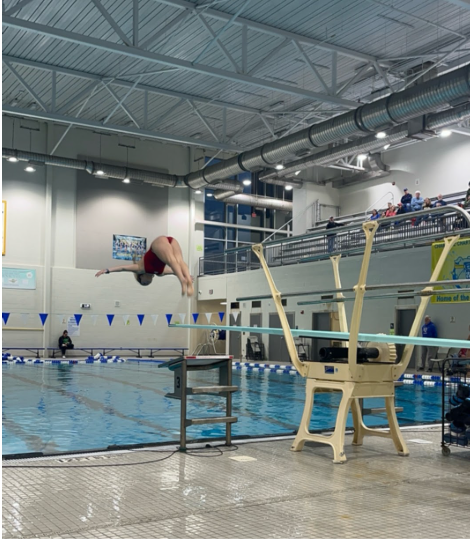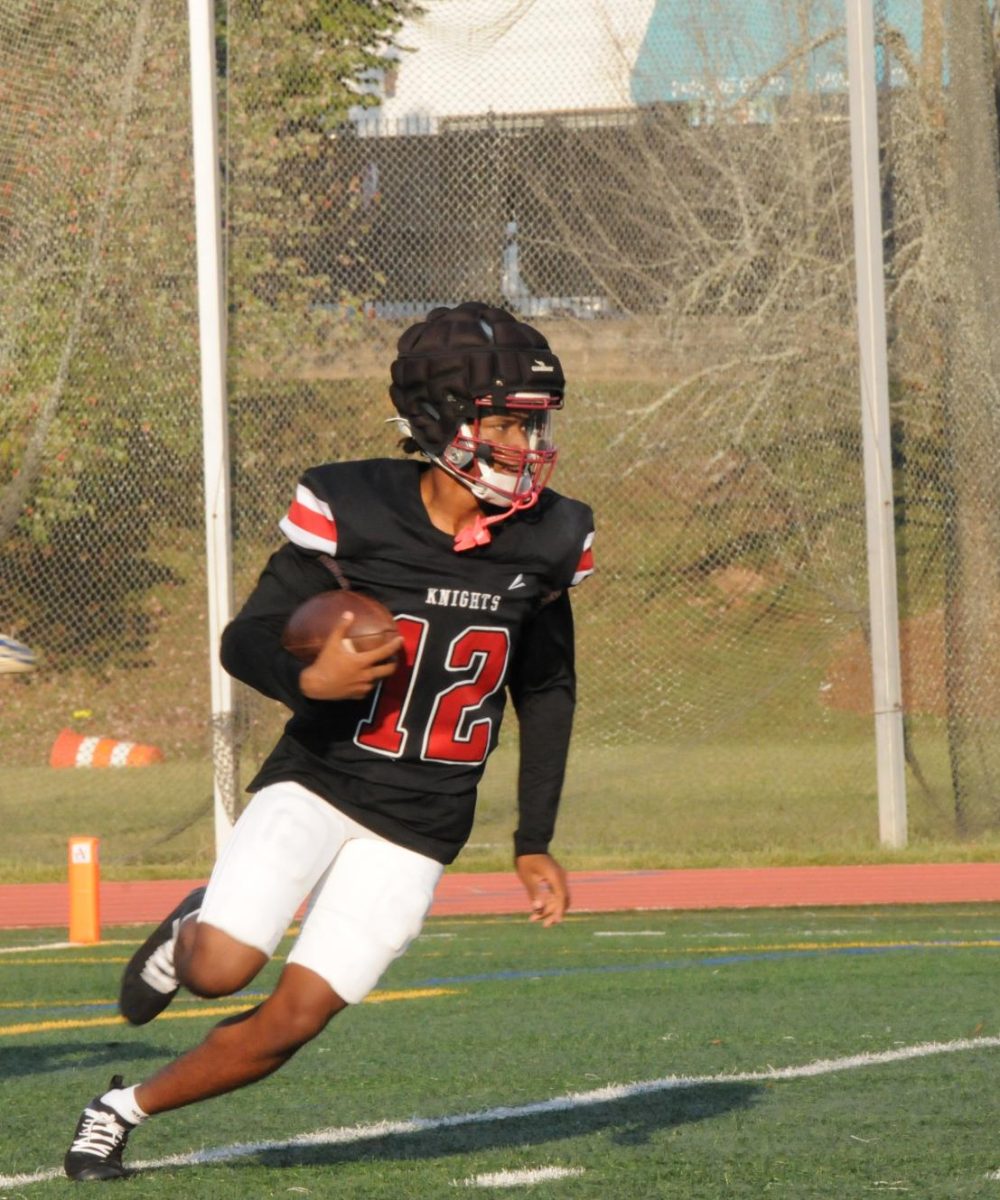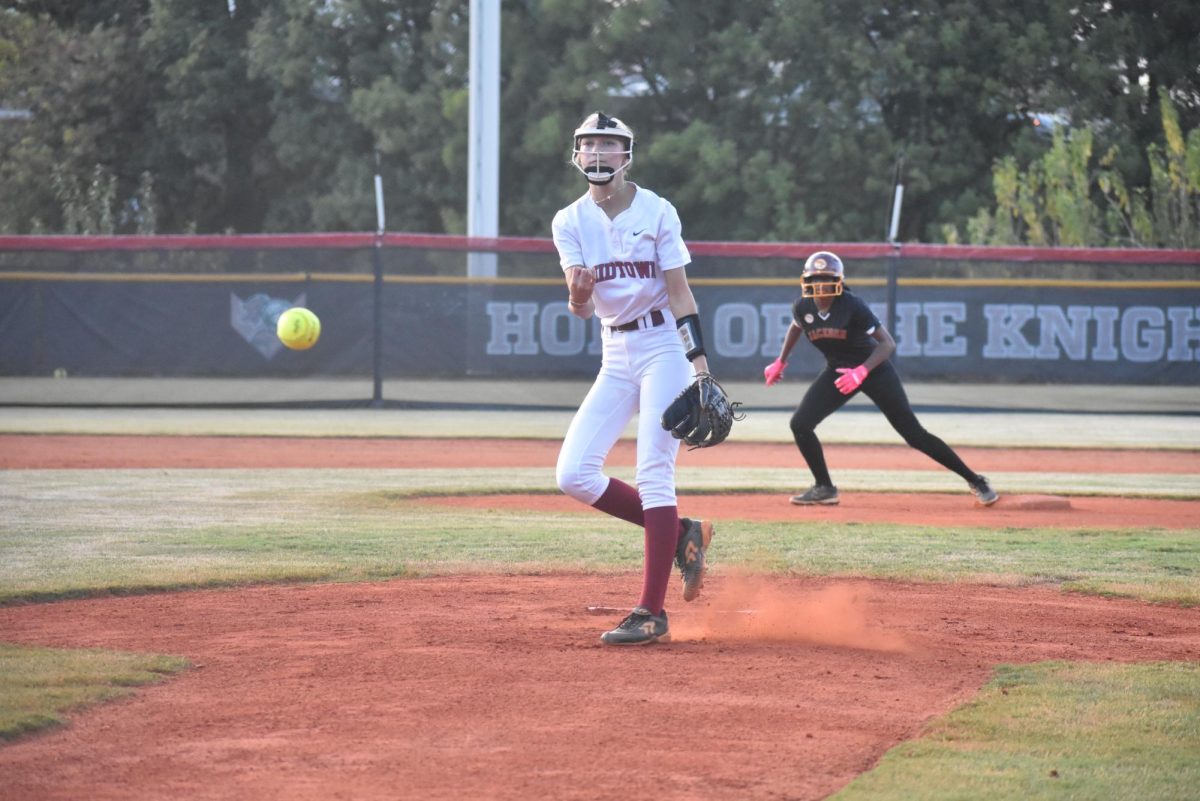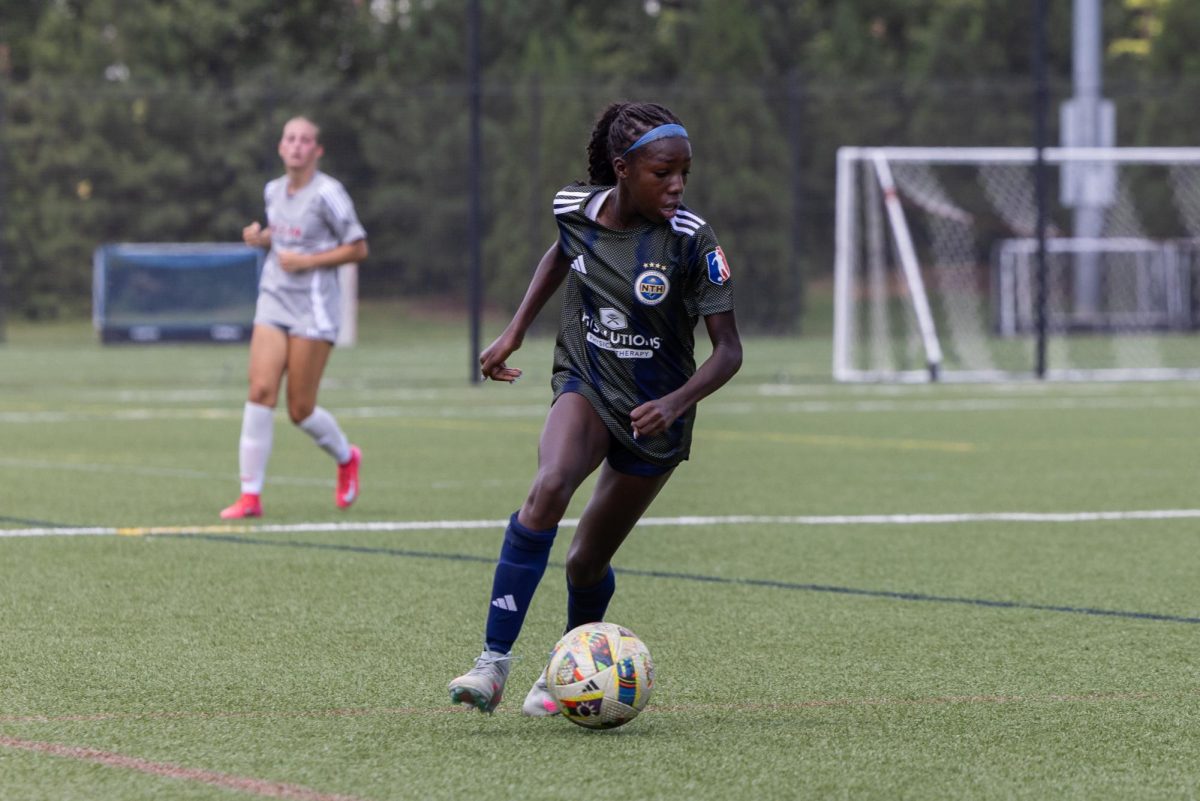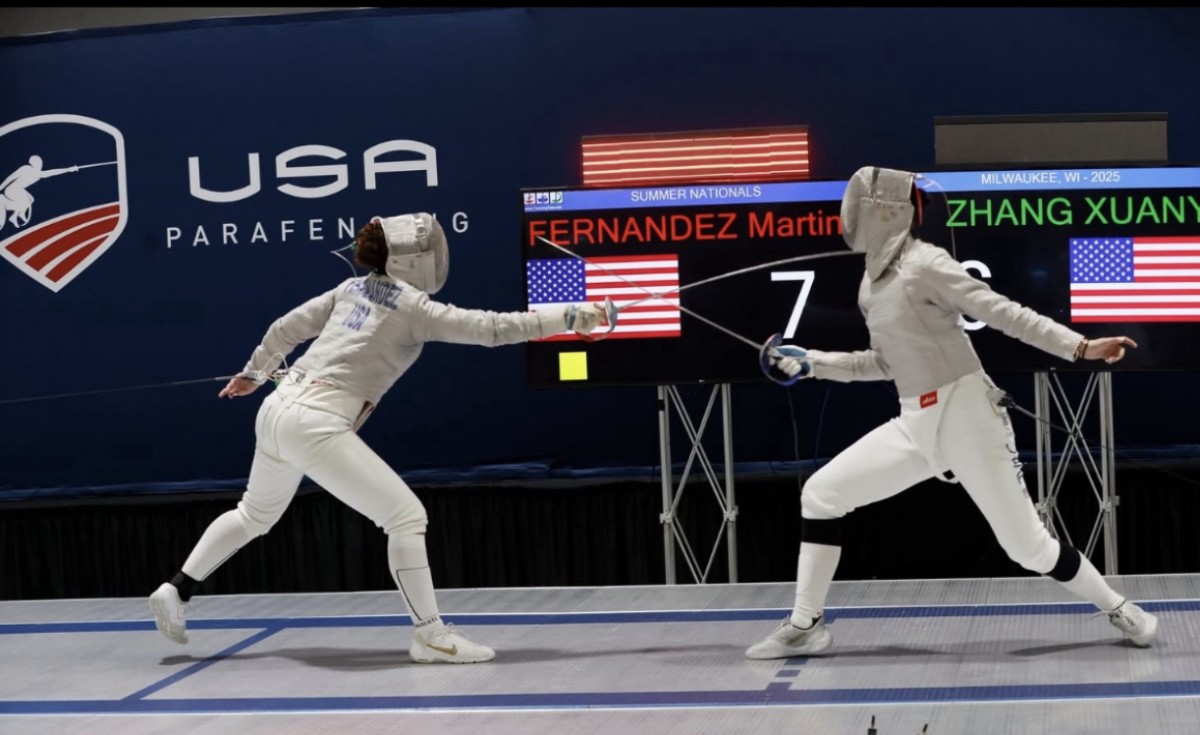Fall sports including cross country, football and softball have had to adjust their usual practice and game schedules due to the seasonal extreme temperatures and humidity that have imposed multiple health risks.
Since 1982, 67 high school athletes have died in the United States in the weeks of August due to exertional heat illness. The Georgia High School Association (GHSA) has put many procedures into place to avoid these deaths.
“The precautions are just right,” Athletic Director Blair Barksdale said. “The GHSA does a great job of laying it out. It’s very black and white, there’s no question. Of course I strive to go more than that because it’s students’ safety and that’s what’s most important, but I think the precautions are perfect.”
GHSA requires a Wet Bulb Globe Temperature (WBGT) reading at each practice. The WBGT takes into account both humidity and heat. Depending on the reading certain precautions have to be taken, including that, when the bulb reads over 92.0 no outdoor activities can be participated in.
“It’s definitely irritating having to shorten a practice or alter it because that means I can’t get in what was intended for that day of practice,” sophomore cross country runner Cameron Collier said. “However, it is understandable for the safety of athletes with the temperatures being so high.”
Barksdale said it is good the cross country, softball and football teams have followed the proper precautions. For cross country, this has meant running loops inside, and short shaded loops around Piedmont Park where the athletes are always visible, rather than the usual distant routes.
“My concern is athletes getting heat stroke and getting overwhelmed with the heat, and cross country athletes running off and the coaches may not see somebody,” Barksdale said. “That’s always a concern. ‘What if somebody has a heat stroke far away?’ Or [at] football there’s 70 kids out there, somebody starts feeling it, coaches don’t know and something serious happens.”
The heat and humidity hasn’t just affected practices, impacting meets and games as well. The season opening race at the Bob Blastow Invitational on Aug. 26 was canceled due to the WBGT reading being above 92.0, and the girls JV race was reduced from 3.1 miles to 1.5 miles.
“I was super excited for my first cross country race,” freshman cross country runner Dylan Seinbert said. “I was disappointed and happy to hear that my race was being cut in half because I didn’t want to faint, but I also wanted my first race to be a complete race, not just half.”
In order to practice outside during a safe time, both the softball and football teams adjusted their practice schedules. Junior softball player Chloe Peyton said despite it being safer to practice later in the day, the heat remains prominent.
“We typically stop for water more often when the weather’s hotter,” Peyton said. “My concern is that people aren’t hydrating enough throughout the day before games and practices, which isn’t good with us being in the heat for long periods of time.”
Collier said although he would prefer that the heat and humidity were not an issue, the teams are adjusting on how to participate safely. He hopes soon, when temperatures and humidity fall as the season changes, the teams won’t be influenced by the heat.
“Thankfully, there haven’t been any major issues as we have been just adapting training to the temperature to make sure everyone stays safe and healthy,” Collier said. “The most important thing is making sure my teammates and I are safe overall from heatstroke, fainting or anything like that. I think the precautions have allowed us to still train, but still train safely.”

